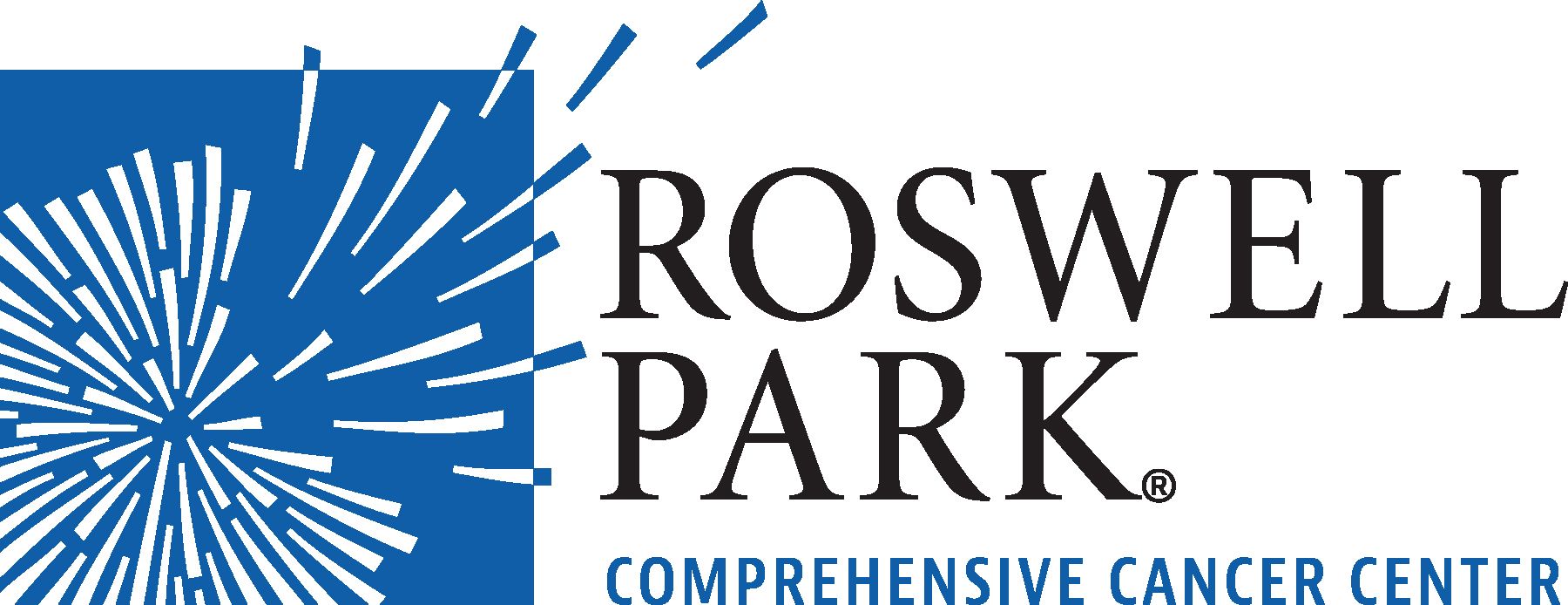
Dr Wang on the Future of Targeted Therapies in AML

Eunice Wang, MD, discusses how the continued development of targeted therapies could improve the future treatment paradigm in acute myeloid leukemia.
Eunice Wang, MD, chief of Leukemia Service, Department of Medicine, Roswell Park Comprehensive Cancer Center, discusses how the continued development of targeted therapies could improve the future treatment paradigm in acute myeloid leukemia (AML).
Targeted therapy is promising novel approach for elderly or frail patients with AML and could strengthen the treatment armamentarium in this space, Wang begins. Novel agents can be utilized in triplet combinations, such as IDH and FLT3 inhibitors plus standard azacitidine and venetoclax (Venclexta), Wang says.
Additionally, investigational menin inhibitors have shown clear preliminary activity and promising response rates in patients with relapsed/refractory AML who display NPM1 and/ or KMT2A rearrangements, Wang states. These disease populations include patients who progressed on multiple prior lines of therapy, including stem cell transplantation, she notes.
In the first-in-human phase 1/2 KOMET-001 (NCT04067336) trial, 600 mg of the oral menin-KMT2A inhibitor ziftomenib (KO-539) produced an overall response rate (ORR) of 42% in patients with NPM1-mutant relapsed/refractory disease, Wang reports. This agent also led to a complete remission with partial hematologic recovery (CR/CRh) in 33.3% of patients with NPM1 mutations.
Similarly, the phase 1/2 AUGMENT-101 trial (NCT04065399) showed that treatment with revumenib (SNDX-5613) produced an ORR of 53% and a median overall survival of 7 months in this same patient population, Wang continues. The agent produced a 30% rate of CR/CRh and was associated with a low frequency of grade 3 or higher treatment-related adverse effects (AEs).
The success of these agents in AML signifies the importance of performing mutational analyses in these elderly and frail patients to best inform treatment selection, Wang says. Patients with these mutations may not be eligible for any therapies or clinical trials and would therefore benefit from an alternative treatment option like menin inhibitors, Wang expands.
Although these patients are not considered young or robustly healthy, it is important to remember that they are still viable candidates for targeted therapy, she emphasizes. This is supported by the phase 3 VIALE-A trial (NCT02993523), which was specifically designed to address the need for novel, effective therapies in elderly, unfit patients, Wang explains. In this trial, patients 75 years or older who were considered unfit for intensive chemotherapy achieved a median OS of 14.7 months with azacitidine and venetoclax vs 9.6 months in those who received placebo plus azacitidine.




































